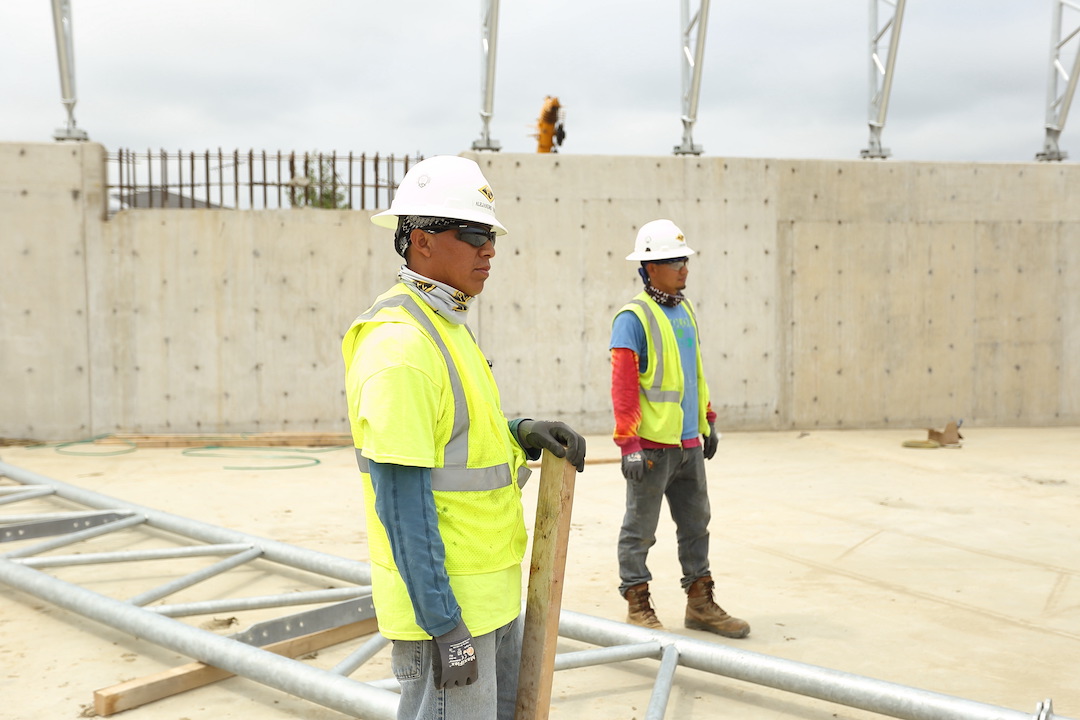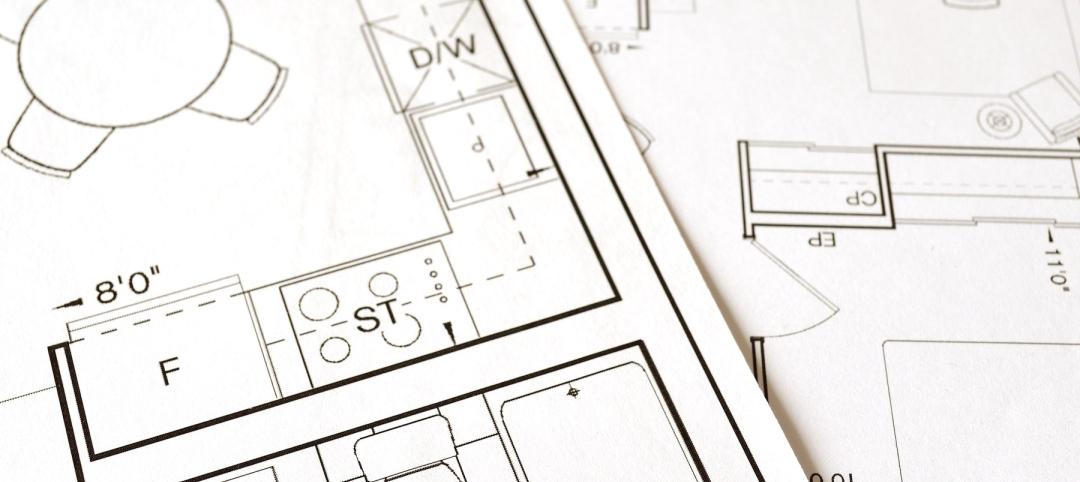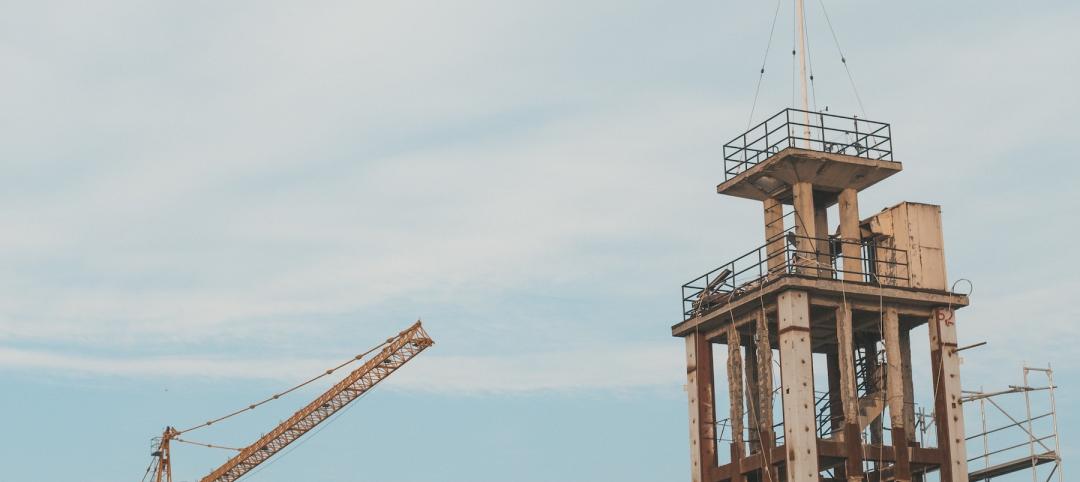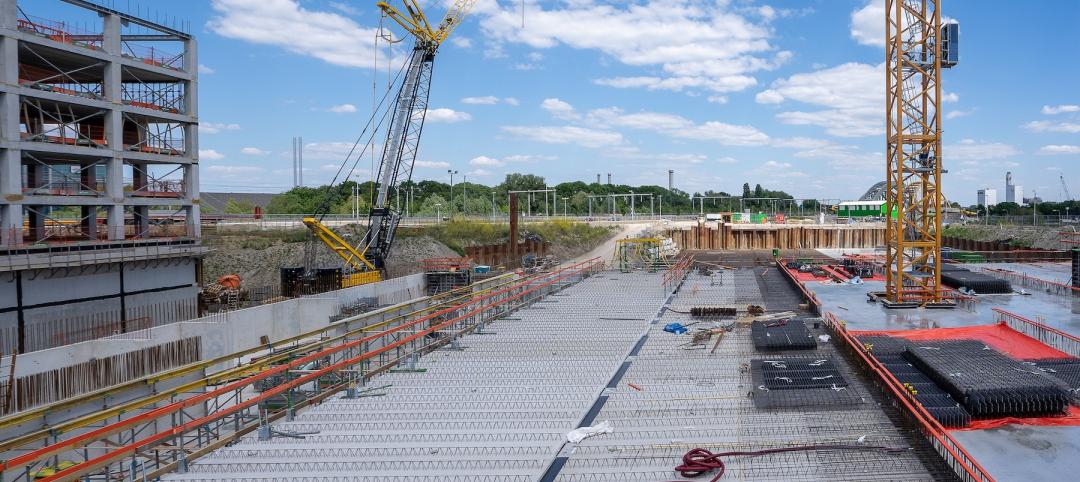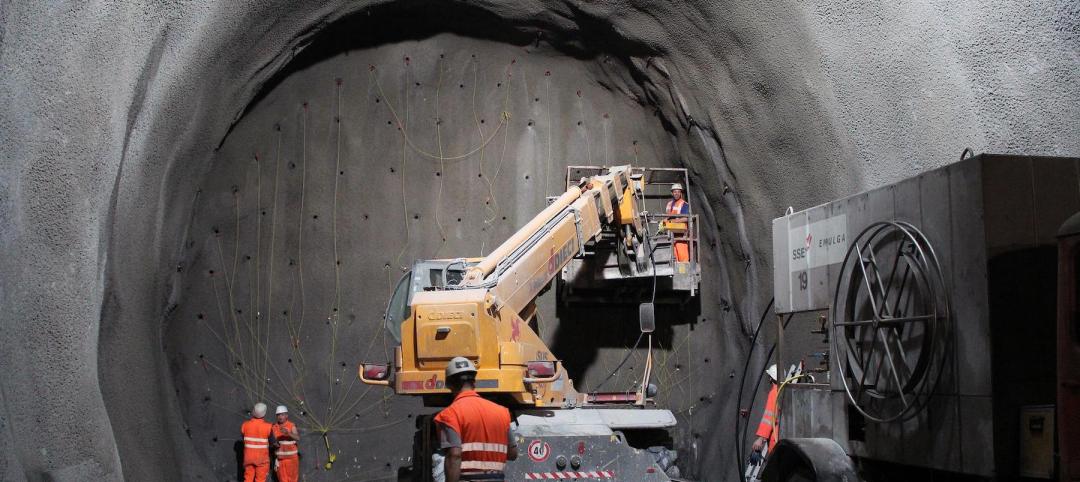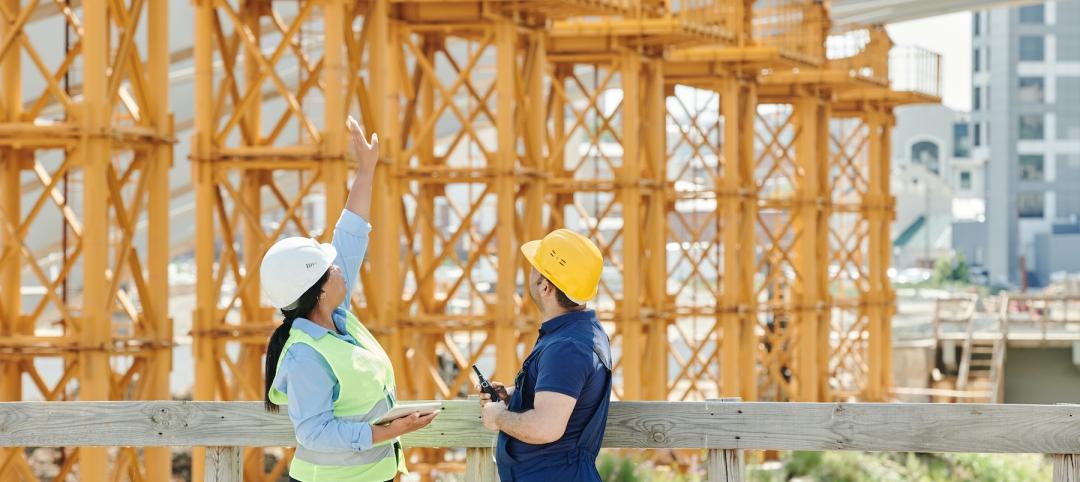Total construction spending edged higher in October, as gains in public and private project types outmatched decreases in single- and multifamily residential outlays, according to a new analysis of federal construction spending data the Associated General Contractors of America released today. Officials noted that public sector investments would likely rise in the near future because of the recently-passed infrastructure bill, but cautioned that labor shortages and supply chain problems were posing significant challenges for the industry.
“It is encouraging to see such a broad-based pickup in spending on nonresidential projects in the latest month,” said Ken Simonson, the association’s chief economist. “But the construction industry still faces major challenges from workforce shortages and supply-chain bottlenecks.”
Construction spending in October totaled $1.60 trillion at a seasonally adjusted annual rate, 0.2% above the September rate and 8.6% higher than in October 2020. Year-to-date spending in the first 10 months of 2021 combined increased 7.5% from the total for January-October 2020.
Among the 16 nonresidential project types the Census Bureau reports on, all but two posted spending increases from September to October. Total public construction spending rose 1.8% for the month, while private nonresidential spending inched up 0.2%. However, for the first 10 months of 2021 combined, nonresidential spending trailed the January-October 2020 total by 4.7%, with mixed results by type.
Combined private and public spending on electric power and oil and gas projects--the largest nonresidential segment--declined 0.6% for the month and lagged 2020 year-to-date total by 1.7%. But the other large categories all rose in October. Highway and street construction spending increased 2.4% for the month, though the year-to-date total lagged the same months of 2020 by 0.8%. Education construction rose 0.2% in October but trailed the 2020 year-to-date total by 9.2%. Commercial construction--comprising warehouse, retail, and farm structures--was nearly unchanged from September to October but was 1.9% higher for the first 10 months combined than in January-October 2020.
Residential construction spending declined for the second month in a row, slipping 0.5% from the rate in September. Nevertheless, the year-to-date total for residential spending was 24.2% higher than in the same months of 2020. Spending on new single-family houses decreased 0.8% for the month but outpaced the 2020 year-to-date total by 25.9%. Multifamily construction spending dipped 0.1% in October but topped the 2020 year-to-date total by 16.6%.
Association officials said that spending on many categories of public construction is likely to increase soon as the investments from the Bipartisan Infrastructure bill begin to flow. But they cautioned that the supply chain challenges and labor shortages were impacting construction schedules and budgets and prompting some owners to delay or cancel projects. They urged the Biden administration to explore new ways to relieve shipping delays and to invest more in career and technical education programs that serve as a pipeline into construction careers.
“Getting a handle on supply chains and encouraging more people to work in construction will go a long way in helping this industry recover,” said Stephen E. Sandherr, the association’s chief executive officer.
Related Stories
Codes and Standards | Oct 26, 2022
‘Landmark study’ offers key recommendations for design-build delivery
The ACEC Research Institute and the University of Colorado Boulder released what the White House called a “landmark study” on the design-build delivery method.
Building Team | Oct 26, 2022
The U.S. hotel construction pipeline shows positive growth year-over-year at Q3 2022 close
According to the third quarter Construction Pipeline Trend Report for the United States from Lodging Econometrics (LE), the U.S. construction pipeline stands at 5,317 projects/629,489 rooms, up 10% by projects and 6% rooms Year-Over-Year (YOY).
Designers | Oct 19, 2022
Architecture Billings Index moderates but remains healthy
For the twentieth consecutive month architecture firms reported increasing demand for design services in September, according to a new report today from The American Institute of Architects (AIA).
Market Data | Oct 17, 2022
Calling all AEC professionals! BD+C editors need your expertise for our 2023 market forecast survey
The BD+C editorial team needs your help with an important research project. We are conducting research to understand the current state of the U.S. design and construction industry.
Market Data | Oct 14, 2022
ABC’s Construction Backlog Indicator Jumps in September; Contractor Confidence Remains Steady
Associated Builders and Contractors reports today that its Construction Backlog Indicator increased to 9.0 months in September, according to an ABC member survey conducted Sept. 20 to Oct. 5.
Market Data | Oct 12, 2022
ABC: Construction Input Prices Inched Down in September; Up 41% Since February 2020
Construction input prices dipped 0.1% in September compared to the previous month, according to an Associated Builders and Contractors analysis of U.S. Bureau of Labor Statistics’ Producer Price Index data released today.
Laboratories | Oct 5, 2022
Bigger is better for a maturing life sciences sector
CRB's latest report predicts more diversification and vertical integration in research and production.
Market Data | Aug 25, 2022
‘Disruptions’ will moderate construction spending through next year
JLL’s latest outlook predicts continued pricing volatility due to shortages in materials and labor
Market Data | Aug 2, 2022
Nonresidential construction spending falls 0.5% in June, says ABC
National nonresidential construction spending was down by 0.5% in June, according to an Associated Builders and Contractors analysis of data published today by the U.S. Census Bureau.
Market Data | Jul 28, 2022
The latest Beck Group report sees earlier project collaboration as one way out of the inflation/supply chain malaise
In the first six months of 2022, quarter-to-quarter inflation for construction materials showed signs of easing, but only slightly.


